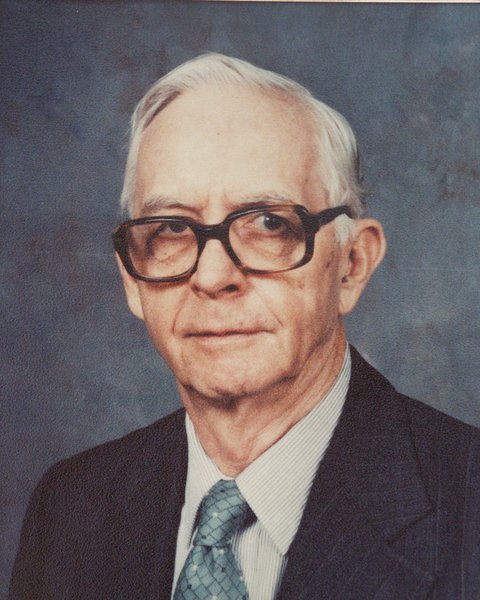
Class IV
Dr. Charles Lincoln
Dr. Charles Lincoln a native of Benton County, Arkansas graduated from the University of Arkansas in 1934 with a B.S.A. degree. He obtained the Ph.D. degree from Cornell University in 1938. From 1938-1942 he remained on the staff of Cornell University. Dr. Lincoln returned to Arkansas in 1942 to become the state’s first Extension Entomologist, a position he held until 1951. With the retirement of Dr. W. J. Baerg, Dr. Lincoln became head of the Department of Entomology, University of Arkansas. As Arkansas’ first Extension Entomologist, Dr. Lincoln had much pioneering work to do. He traveled widely over the state, spending long hours with County Agents and farmers analyzing insect problems. He emphasized a knowledge of insect biology, the determination of insect populations and the natural control agents available to suppress pest insect populations. He trained County Agents and farmers in recognizing insect problems, insect identification, scouting methods, economic thresholds, insecticides and their proper use and implementation and evaluation of control programs. Under Dr. Lincoln’s leadership, the cotton insect scouting program became a practical state-wide effort. It enabled farmers to keep abreast of cotton insect populations and take action only when needed—thus reducing not only the cost of production but environmental pollution as well. Dr. Lincoln was a member of the Arkansas State Plant Board from 1951 to 1982. He took an active role in shaping the policies of this organization. Dr. Lincoln served on various committees of the Southeastern Branch, Entomological Society of America, and was president of the Branch in 1959. Dr. Lincoln produced numerous scientific papers that have been invaluable to other researchers working on cotton insects. His competence in analysis of field problems in cotton resulted in his serving numerous times as field consultant to various groups in Central and South America. Service to his department, to his profession and to the people of Arkansas and the South motivated Dr. Lincoln’s activities. Few people have served in as many different capacities in such an exemplary manner.
